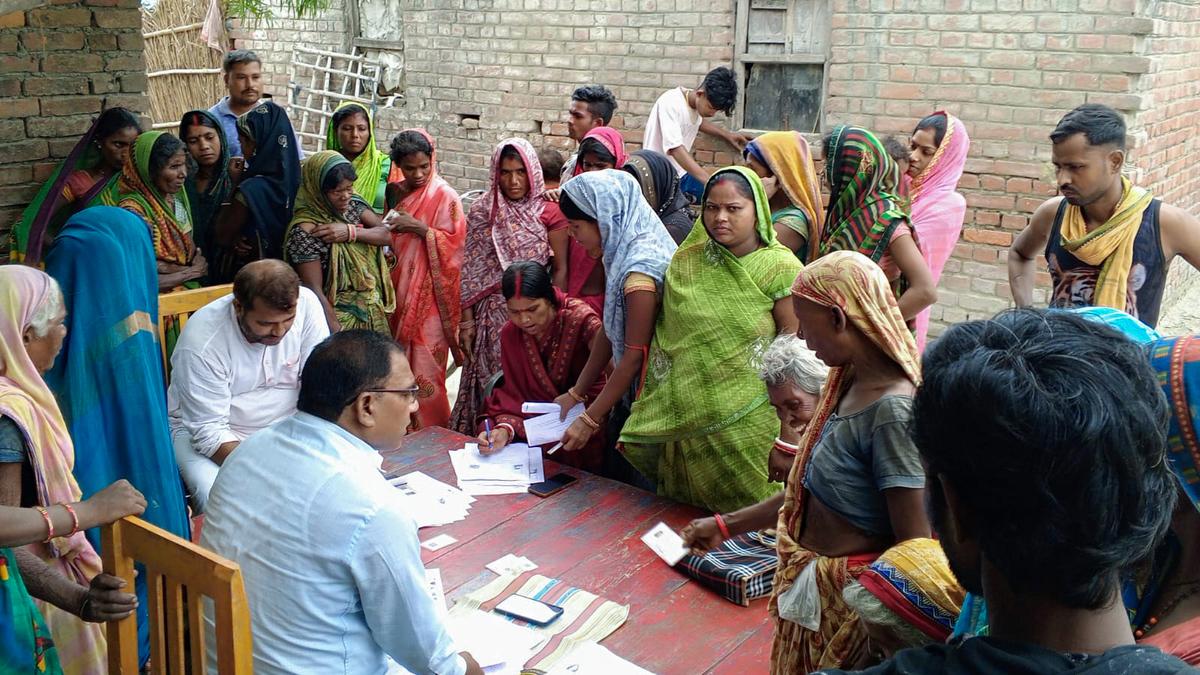The legislation proposes stringent penalties for violators. Any person offering online money gaming services in contravention of the law may face up to three years’ imprisonment, a fine of up to ₹1 crore, or both. Similarly, those advertising such games could face up to two years in jail, a fine of ₹50 lakh, or both. Individuals involved in processing or authorising related transactions will also be liable to punishment of up to three years’ imprisonment, or a fine up to ₹1 crore, or both.
For repeat offences, the bill prescribes stricter penalties, including three to five years of imprisonment and higher fines. Importantly, however, the bill does not criminalise players of online money games. “The idea is to treat them as victims rather than perpetrators of crime,” a source said, adding that the law will crack down primarily on promoters, operators, and advertisers of such platforms.
The bill also prohibits banks and financial institutions from processing or transferring funds connected to real-money online games. This measure, sources said, is aimed at choking off the financial ecosystem that enables online money gaming, which has been linked to money laundering and other illicit activities.
Defining the scope of the ban, the bill classifies an “online money game” as any digital game — based on skill, chance, or both — that requires users to pay fees, deposit money, or stake resources in expectation of winning monetary rewards or similar stakes. However, the definition excludes eSports and online social games such as Candy Crush, which will be promoted under the new framework.
Government sources said the bill reflects the dual priorities of addressing public health and financial risks associated with money gaming, while nurturing India’s growing eSports and game development industry. The measure acknowledges that the formal recognition of eSports could help India participate meaningfully in global competitive gaming, encourage innovation, and strengthen the country’s startup ecosystem.
The move comes amid growing concerns over the addictive nature of money-based gaming, its link to mental health issues, and incidents of financial distress, depression, and even suicide. Online money gaming has also been flagged as a conduit for money laundering.
The proposed law further provides for the creation of a statutory regulatory authority, which will oversee the online gaming ecosystem, establish grievance redressal mechanisms, and determine, after due inquiry, whether a particular game qualifies as an online money game.
By drawing a sharp distinction between illegal money games and regulated eSports/social games, the government aims to bring clarity to a sector that has so far operated in a fragmented regulatory environment.









